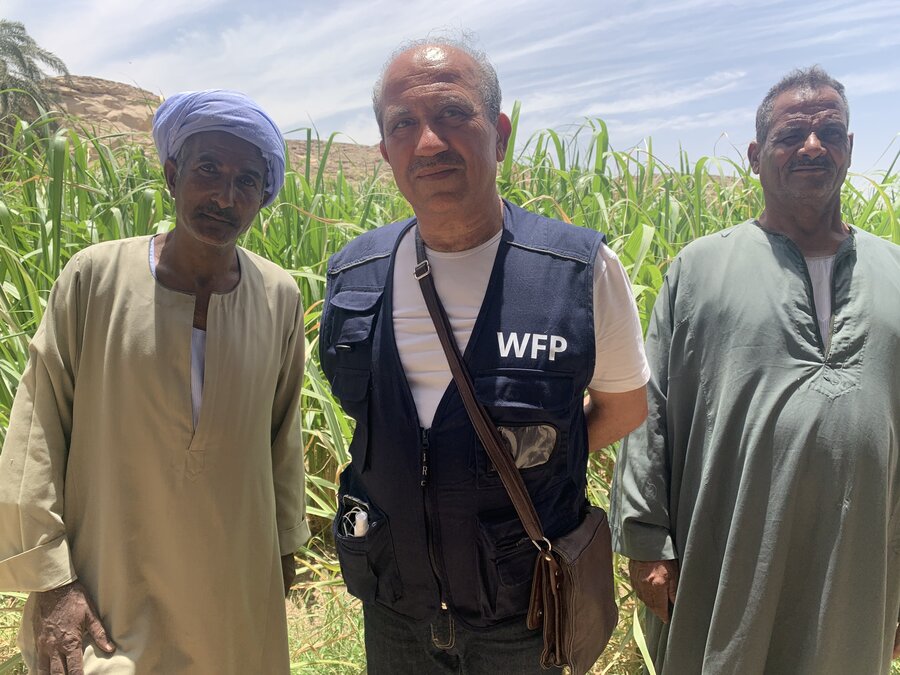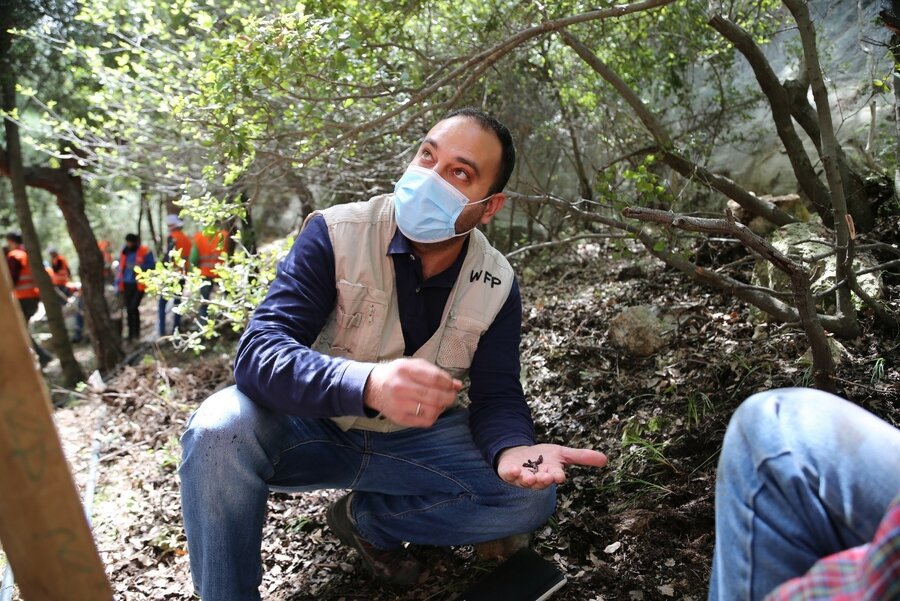
Two years of a global pandemic and the disruption it created for small and big farmers alike pushed food prices ever higher in 2022.
Gains made in pursuit of 'zero hunger' by 2030 have in many instances been reversed in the Middle East and North Africa (MENA) region, where hunger and poverty continue to rise. One key reason for this is conflict. The knock-on effect of the Ukraine war has wreaked havoc with the flow of humanitarian assistance.
Countries such as Yemen depend heavily on the import of foods such as grain and oil from the Black Sea area. Skyrocketing prices, affecting fertilizer too, placed basic nutrition out of the reach of millions. It is against such a context that world leaders are gathered in Sharm el-Sheikh for COP27: the climate crisis remains an overarching driver of hunger.

Photo: WFP/Nizar Khadder
With global heating continuing, by 2030 grain imports in countries like Egypt, Iraq, and Jordan are set increase by 20 percent or more. Can such economies withstand the strain of having to import staple foods that are subsidized? Will food be affordable for people who are struggling now to make ends meet? Likely not, unless long-term solutions to shake up traditional agricultural practices are put in place.






